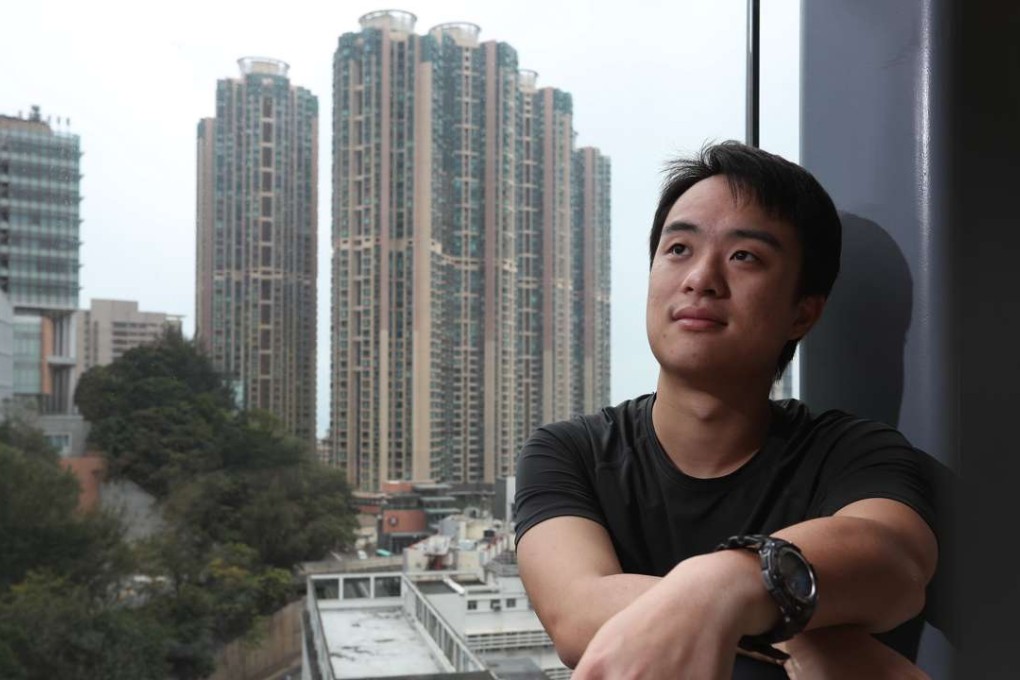Soaring Hong Kong home prices push first-time buyers off the property ladder
Many people face the prospect of never being able to own their homes, but even for those who do buy, the process has become increasingly frustrating

“It is awfully stressful,” says Martin Wu, a 21-year-old University of Hong Kong student and frustrated prospective home buyer.
“You start to think about when the day will come when you can afford your own home and what you will need to do to achieve it. I do not want to say it is unachievable, but when I think about how much I will have to save over the years, I cannot comfortably tell myself that it will happen. It is just the uncertainty.”
Wu, who is doing a master’s degree in urban planning, lives with his family in Pok Fu Lam. Years ago, his parents were able to buy their home as the local housing market was less intense, but now Wu, like many other young Hongkongers, faces the prospect of never becoming a homeowner.
He says the city needs more subsidised Home Ownership Scheme (HOS) properties – just 2,657 were put up for pre-sale in February 2016, with the cheapest priced at HK$1.49 million. The scheme was set up in the early 1990s to provide flats for sale at subsidised prices to low- and middle-income families who would not otherwise be able to afford to buy.
Despite enjoying drama classes in school, Wu chose to pursue a career in urban studies because he felt it would be more financially stable. He feels guilty about any purchases he makes because he thinks the money should have gone towards his savings.
“I grew up here, so if I had a chance I would stay here,” Wu says. “The pace of life is exciting and my family is here. I studied in the UK for one year; I would not have come back to Hong Kong if I did not plan on working here in the longer term.